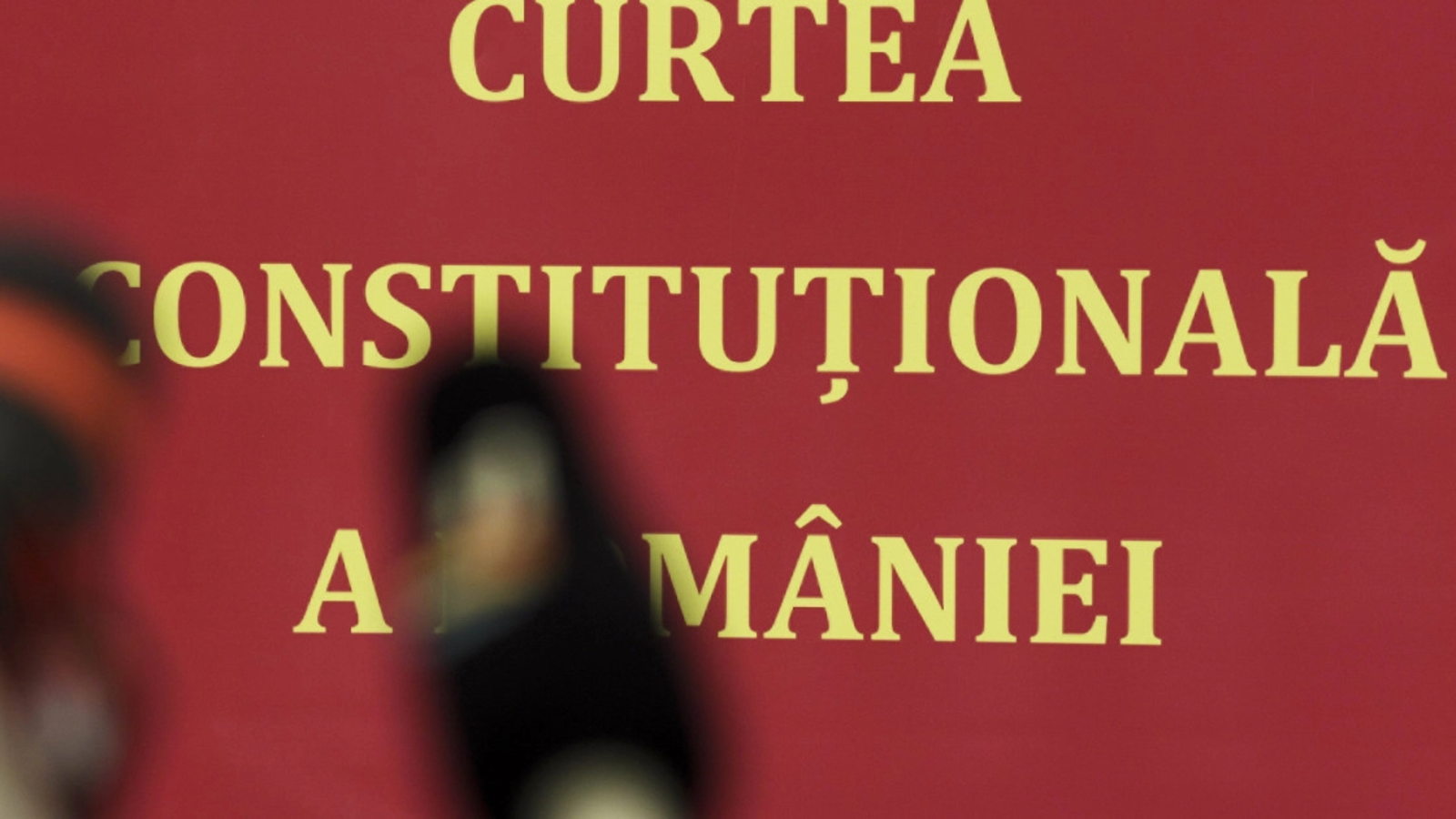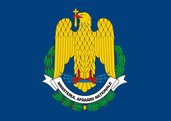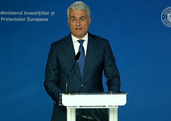The Constitutional Court's decision that declarations of assets and interests can no longer be published may violate all the commitments assumed by Romania at international level in the last 20 years and may affect the process of accession to the OECD, the National Integrity Agency (ANI) claims in a press release.
ANI's reaction comes after the Constitutional Court decided on Thursday that declarations of assets and interests should no longer be published on the website of the National Integrity Agency or on the online pages of other public institutions, and these declarations should no longer include the income and assets of spouses and children.
Practically, through this decision, declarations of assets and interests will be kept secret.
"Today's CCR decision, which declares the unconstitutionality of some articles of the ANI law, annuls the public nature of the declarations of assets and interests and may violate all the commitments assumed by Romania at international level in the last 20 years regarding the fight against corruption and ensuring integrity in public office. At the same time, such a decision may affect the process of accession to the OECD, the progress recorded by Romania within the monitoring exercises at the level of the European Union (Rule of Law Report) or the Council of Europe (Group of States against Corruption - GRECO). Also, today's CCR decision may lead to the annulment of the publication of the declarations of assets and interests that the Agency maintains on its website, in relation to the argumentation of the Constitutional Court," the Agency specifies.
The ANI portal counts over 12 million declarations published under Law no. 176/2010, art. 6 para. (1) letter d) and art. 12 para. (6), articles that have been declared unconstitutional.
ANI lists the effects of the CCR decision regarding Romania's international commitments:
* May lead to a breach of obligations under the UN Convention against Corruption (UNCAC - binding on States Parties). According to Article 8(5) of the Convention, "Each State Party shall endeavour, where appropriate and in accordance with the fundamental principles of its domestic law, to apply measures and systems to require public officials to declare to the competent authorities all outside activities, any employment, any investments, any assets and any substantial gifts or benefits which might appear to be in conflict with their public office";
* May affect Romania's progress towards fulfilling the OECD Accession Roadmap. A key area covered by this assessment framework is "strengthening public governance, integrity and enhancing anti-corruption efforts";
* May undo the progress made by Romania in the GRECO (Council of Europe) monitoring exercise. The GRECO reports from the last two evaluations reflected the progress made by Romania in terms of declarations of assets and interests: "On the positive side, Romania has a system for declaring income, assets and interests that can be seen as exemplary in many respects and which is supervised by the National Integrity Agency" (Round IV) and "Romania has a solid system in place for declaring assets and interests" (Round V);
* The publication of declarations of assets and interests does not violate the right to private life, according to several decisions of the European Court of Human Rights.
Thus, in the case of Wypych v. Poland (October 25, 2005, application no. 2428/05), the European Court of Human Rights rejected the complaint of a member of a local council in Poland who refused to submit an asset declaration, arguing that the obligation to disclose details of his financial situation and property portfolio imposed by the legislation violated Article 8 of the European Convention on Human Rights.
The Court found that the obligation to submit the declaration and its online publication did indeed constitute an interference with the right to private life, but that this was justified and that the comprehensive scope of the information to be declared was not considered excessively burdensome.
The ECtHR "considers that it is precisely this comprehensive nature that makes it realistic to assume that the contested provisions will achieve their objective of providing the public with a reasonably comprehensive picture of the financial situation of advisors (...), that the additional obligation to declare information on property, including marital property, can be considered reasonable, insofar as it is intended to discourage attempts to conceal assets by simply acquiring them using the name of a advisor's spouse".
The ECtHR also approved the publication and access to the statements on the internet, arguing that "the general public has a legitimate interest in ensuring that local politics is transparent, and access to the statements on the internet makes access to such information efficient and easy. Without such access, the obligation would have no practical importance or real impact on the degree of public information about the political process".
The public also has the right to be informed about aspects of the private life of public figures, as stated in the decision of the European Court of Human Rights (Karhuvaara and Iltalehti v. Finland). The limits of interference in the private life of public figures, including access to information about them, are wider compared to those of private persons without public status.
ANI claims that the provisions in question have been previously dealt with by the CCR.
Thus, by decision no. 309/2014 of the CCR it was stated that "the legislative solution of publishing declarations of assets and interests is justified in light of the legal purpose of the National Integrity Agency of ensuring integrity in the exercise of public dignities and functions and preventing institutional corruption, and on the other hand, that the publication of these declarations is carried out, according to art. 6 para. (1) letter e) of Law no. 176/2010, by anonymizing personal data, thus ensuring guarantees against arbitrary interference".
On the other hand, studies conducted by the World Bank showed that, as of 2020, there were over 160 countries that had introduced systems regarding declarations of assets and interests.
ANI also claims that it communicated to the Constitutional Court its point of view regarding the exception of unconstitutionality of the provisions of art. 3 paragraph (2) and those of 12 paragraph (6) of Law no. 176/2010, as well as its impact both nationally and internationally.
At the same time, this aspect was also on the agenda of the Agency's discussions with the European Commission, in the context of the evaluation of the Rule of Law Mechanism. AGERPRES
































Comentează